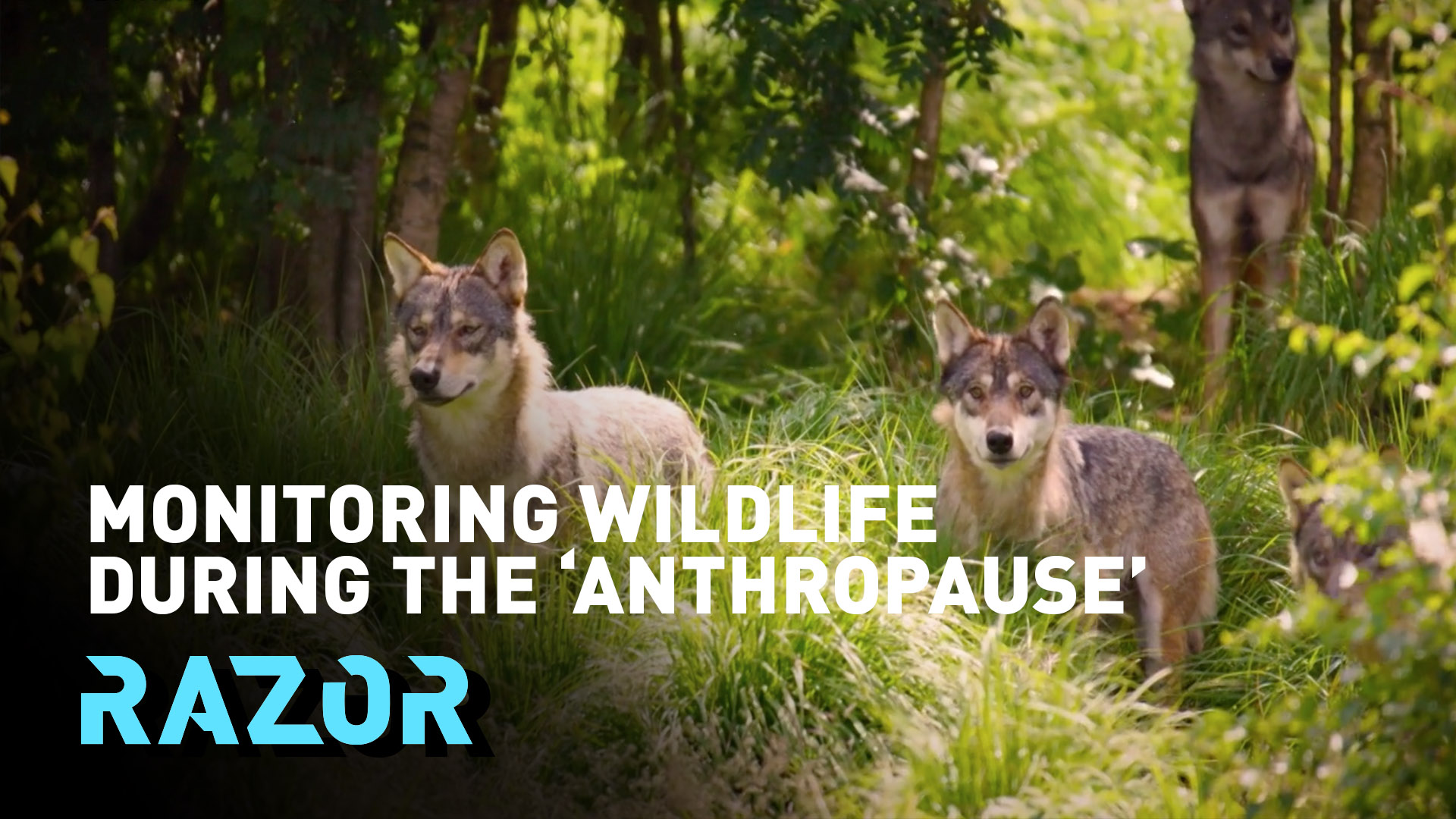30:10

In this week's RAZOR COVID-19 special we look at a range of stories including a virus sensor in development, a new normal for doctors, and what scientists are calling the "anthropause."
Some of you will have noticed more wildlife in your garden, parks and even in urban areas. That's because of what scientists are calling the anthropause: the worldwide slowing of human activity, which has led to many animals venturing further afield as we retreated inside.
It's provided biologists with an opportunity to track wildlife before, during and after lockdown to measure the human impact. It's hoped this will reveal how we can co-exist in ways more beneficial for humans and animals.
Over the last few decades, the rise of budget airlines and no-frills flying has seen millions of passengers sacrificing personal space for low cost tickets. But as result of the current pandemic, the aviation industry now faces a crisis. How can it continue in a world of social distancing? To answer that question, we need to take a look at the transmission dynamics of SARS-CoV-2.
Teams around the world are working on technology that could assist in detection of the SARS-CoV-2 virus. Early detection will be an additional tool to slow down infection rates and prevent a second "spike" before a vaccine is found.
Paul Williams is a general practitioner in the North-East of England. Once lockdown measures were put in place throughout the UK, he saw his practice disappear overnight. He told RAZOR producer Neil Cairns that, in a post-pandemic world, he hopes that things will never be normal again.
Once again, when we try to glimpse beyond the pandemic we soon find ourselves in the realm of social science. This time it's economics: Universal Basic Income (UBI) has been proposed as an alternative to current welfare models. It's not a new concept, but it's never been implemented. Since the pandemic, with millions of people losing their jobs, governments are taking another look at UBI as a possible way to ensure that no one has to live below the poverty line.